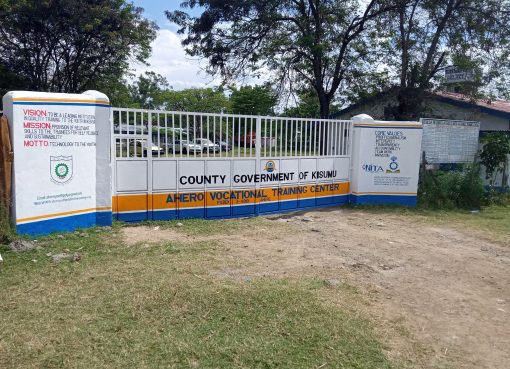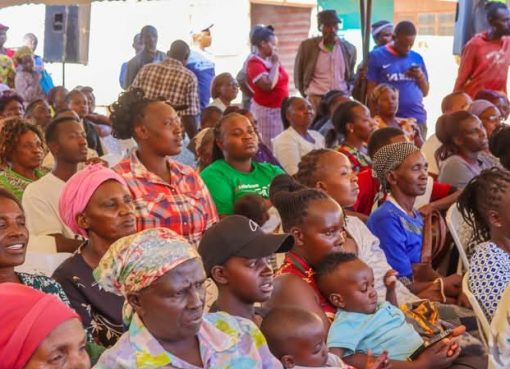Nakuru County Commissioner Loyford Kibaara has warned residents of Kuresoi North and South against settling defilement cases in kangaroo courts saying that it is a major ingredient in the spread of the HIV pandemic.
Speaking during the World Aids Day celebrations dubbed “Let communities lead” held at Keringet, Kibaara regretted that the vice had become a norm in the region as most victim’s parents and guardians are opting for the kangaroo courts which opt for out of court settlements.
Such settlements according to Kibaara, are criminal and are entrenching the vice while at the same time inflicting emotional trauma to the victims, especially those impregnated or infected with HIV or both occurrences.
Further, he said that it was unfortunate that witnesses failed to appear in court after an out-of-court settlement, which waters down their effort in the fight against the vice that mostly affects adolescent girls.
In a bid to bring down the prevalence rate of HIV infections in the area, the County Commissioner urged the locals to make the fight a deliberate effort and a collective responsibility by ensuring that perpetrators are met with justice as the victims get appropriate social, physical and emotional support.
Nakuru deputy governor, David Kones who graced the occasion shared similar sentiments with the Commissioner saying that the issue required an urgent attention to help salvage the situation earlier and stop the rising adolescent HIV infections.
In order to achieve this, Kones said that the County Government will launch initiatives designed to empower, educate and engage communities thus reinforcing their commitment towards an AIDS free future.
Among the initiatives mentioned include, HIV training to those undergoing rites of passage; sensitisation programmes on HIV prevention, adherence and treatment in order to reach out to infected persons, conducting HIV Exposed Infants (HEI) graduation ceremonies among other effort.
HIV estimates for 2022 by the National Syndemic Diseases Control Council (NSDCC) indicate that teenagers infected with HIV within the County contributed to 20 percent of the new cases recorded in 2021.
By Emily Kadzo





